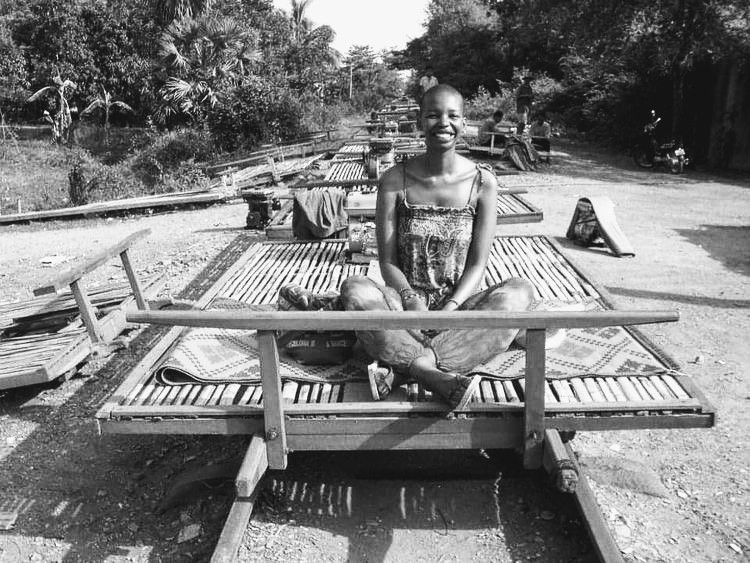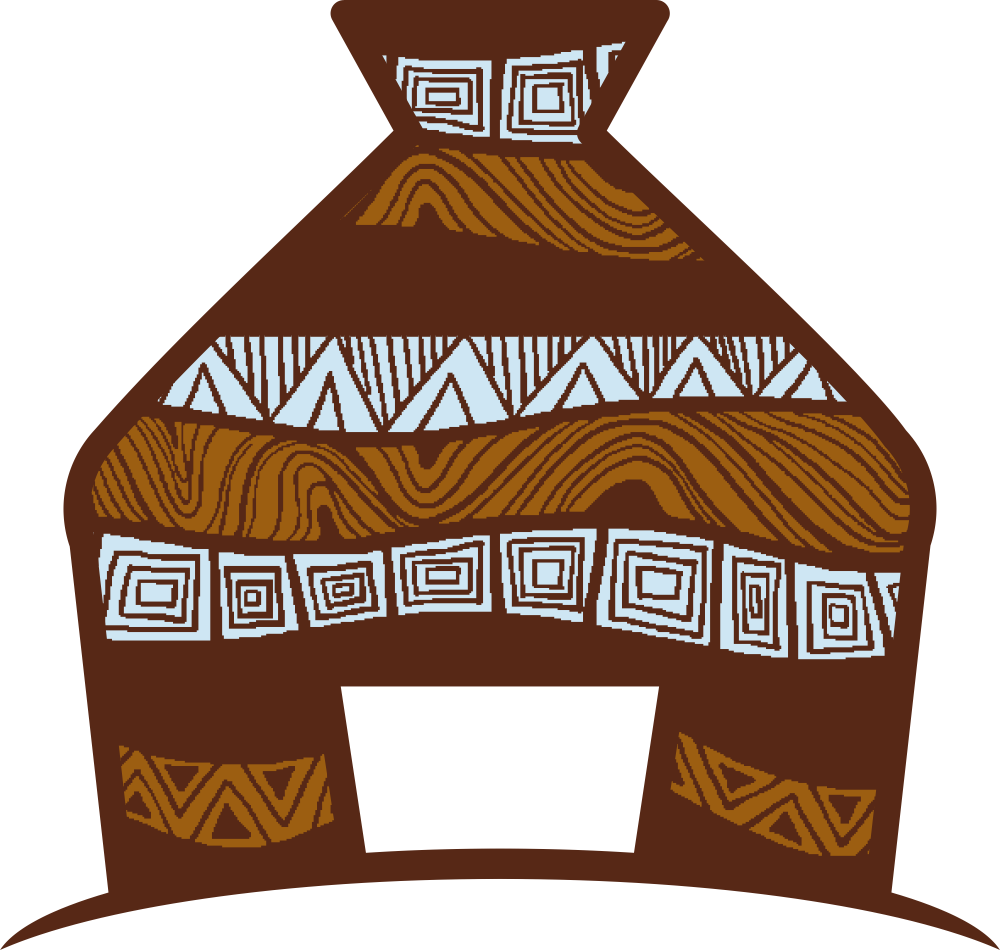Jabulile Ngwenya is the Co-founder and representative of Raspberry Prose –writing school and writing services. Some of her works has appeared in a commercial for Vuyo Mbuli’s company and also various travel features for Sawubona South African Airlines magazine.
She is also the Co-founder/Publisher/Editor of women’s online magazine SenseOnline.co.za. Jabulile is also a Communications specialist for small and medium-sized enterprises – websites, brochures, pamphlets, newsletters.
Victoria: What is storytelling?
Jabulile Ngwenya: Storytelling is the art of sharing tales of history, culture, heritage, omens, spirit, rituals, desires and challenges. When I talk of African stories I talk of people’s stories. I don’t believe you can separate people from stories. For every person on this planet, whoever was on this planet and perhaps for those who will come, there is a story. When searching for stories, look to the person next to you.
Victoria: Why was music and storytelling important in African societies?
Jabulile Ngwenya: Music often accompanies storytelling. Music is another practice of storytelling. Musical instruments speak to the natural forms of life on earth and perhaps in the spirit world. There are instruments you will find that echo the notes of animals, of air, wind, trees. Drums have always been powerful story accompaniments. They call to people, an audience. They call to the spiritual realm. They are often seen as the heartbeat of all forms of life.
Victoria: Who is a griot?
Jabulile Ngwenya: Griots are historically West African historians and social commentators who orate the traditions, cultures, heritages of a people using music, poetry, and traditional storytelling. They hold the foundation of a people’s history, present and future. They are also skilled musicians and travel from place to place reminding people of their culture, counseling chiefs and kings. Read African Music, A People’s Art by Francis Bebey to learn more about griots.
Victoria: Are griots still present in Africa?
Jabulile Ngwenya: Yes, griots are still present in Africa in the historical sense. There have been many references made to griots in literature, film and theatre. However, I do believe that in many parts of the continent, the art of storytelling has evolved, which means that being a griot can be attributed to modern-day artists, singers, praise-singers, poets, artists and musicians. Bakari Sumano was head of Malian association of griots (wandering poet-musicians) from 1994 until his death. Youssou N’Dour, Mansour Seck, Nuru Kane, Yacouba Moumouni and Noura Mint Seymali are some well-known West African griots. I also believe that Gcina Mhlophe, Lebo Mashile are modern-day griots.

Victoria: How can one keep the tradition of African Storytelling alive?
Jabulile Ngwenya: Africans should be the ones who tell their own stories. For far too long, people from outside the continent have been the ones telling the stories of Africans. Those stories speak from an external point of view, Which doesn’t always translate to the understanding of our rituals, our history and our heritage. We need more Africans who can put their stories to paper, to music, to poetry. We need to create platforms that make it easier to tell those stories. Also, we need to make it okay that African storytelling is not about just the past. It encompasses our present-day challenges too.
Victoria: What are the key elements in African Storytelling?
Jabulile Ngwenya: As I mentioned, Africans should be the ones telling their stories. There is an old African Proverb that reads “Until the Story of the hunt is told by the Lion, the tale of the hunt will always glorify the hunter.” Until the history of Africa is told by Africans, the story of greatness will always glorify the imperialists. In addition, a lot of stories written about Africa, should be about the people or include the people of Africa. We can visit places, enjoy the sunsets and beauty of the continent, even do all the activities that exist on our varied continent but the continent is not separate from its people. I am working on a campaign called #SayMyName where I hope to tell more stories about people but my aim is to also ensure that photographs, videos that showcase people should include people’s names. Historically, people exploring Africa used African people as backdrops to their own stories. If you look at old issues of National Geographic and indeed now on Instagram, images of African people rarely include names, histories or other attributes of the people captured. It’s always some inane caption like Omo Village woman, Mursi boy, Zulu mother, African woman and baby. It’s important that we start using names because names are a large part of our identity. When exploring the continent, learn histories, learn names, speak to the people whose space you occupy.
Victoria: Why do we know so little about African History?
Jabulile Ngwenya: I would argue that not much is known but rather, not much has been told or shared. Our stories have been largely oral passed down from generation to generation. Colonization’s job was to erase our stories and our histories. If you are eager to learn our stories, there are places you could explore, people to speak to and monuments to understand. For example, the story of Great Zimbabwe. Here is a monument that speaks to an ancient Shona monarch, a large city that in its prime housed 18 000 people, whose very buildings were constructed symmetrically with no mortar. The British were not interested in creating a story about black people with a powerful civilization. Perhaps the younger people need to start questioning more, living more, travelling more and understand the stories exist everywhere, even with your own parents and grandparents.
Victoria: Share a quote.
Jabulile Ngwenya: I have many quotes about Africa but for the purpose of storytelling, I will use “Until the Story of the hunt is told by the Lion, the tale of the hunt will always glorify the hunter.”

